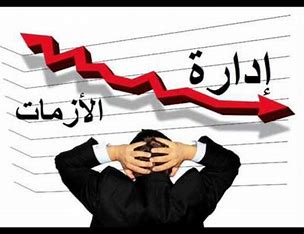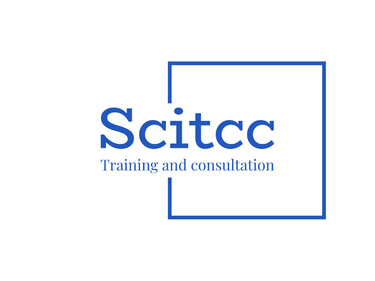
Excellence in Crisis Management and Organizational Change
Excellence in Crisis Management and Organizational Change
$3500.00
Excellence in Crisis Management and Administrative Change
Course duration: 5 days
Day One: Introduction to Crisis Management and Organizational Change
Objectives:
Understanding the basic concepts of crisis management.
Understanding the importance of managerial change in a changing work environment.
Identifying types of crises and their classifications.
The interviewer:
Definition of a crisis and its types (natural, human, administrative).
The differences between a crisis and a problem.
The importance of administrative change as a tool for dealing with crises.
Factors influencing the success of administrative change.
Day Two: Crisis Planning and Forecasting Skills
Objectives:
Developing pre-planning skills to reduce the impact of crises.
Identifying the tools necessary for risk forecasting.
The interviewer:
Steps to build a crisis management plan.
Analysis of the internal and external environment using tools such as SWOT and PESTLE.
Risk prediction methods (case studies and analysis).
Utilizing data and artificial intelligence in crisis prediction.
Day Three: Effective Leadership During Crises
Objectives:
Enhancing effective leadership skills under pressure.
Understanding how to make quick and impactful decisions.
The interviewer:
The role of leadership in crisis management.
Characteristics of an effective leader in times of crisis.
Managing work teams in a high-pressure environment.
Practical exercises for resolving conflicts in times of crises.
Day Four: Communication and Change Management During Crises
Objectives:
Improving communication strategies during crises.
Learn how to manage change and communicate with all stakeholders.
The interviewer:
Effective communication strategies during crises.
Methods of dealing with the media and the public.
Managing resistance to change within organizations.
Recovery and reconstruction plans.
Day Five: Practical Applications and Case Studies
Objectives:
Applying the concepts and methods acquired to real-life scenarios.
Providing innovative solutions for various crises.
The interviewer:
Case studies of local and global crises and how to deal with them.
Group workshops to design a crisis management plan.
Evaluating the performance of the participating teams and providing feedback.
Summary of the course and extraction of lessons learned.
The target audience of the course
Top and middle management.
Human resources managers.
Workers in crisis and emergency management.
Those interested in developing their leadership and managerial change skills.
Learning method
Interactive lectures: Presenting information clearly while opening the floor for discussion.
Case studies: Analyzing real examples to apply concepts.
Workshops: Group activities to apply the acquired skills.
Practical exercises: Simulating real crisis situations.
Evaluations and tests: measuring participants' comprehension and achieving objectives.
Would you like to add any other details?


